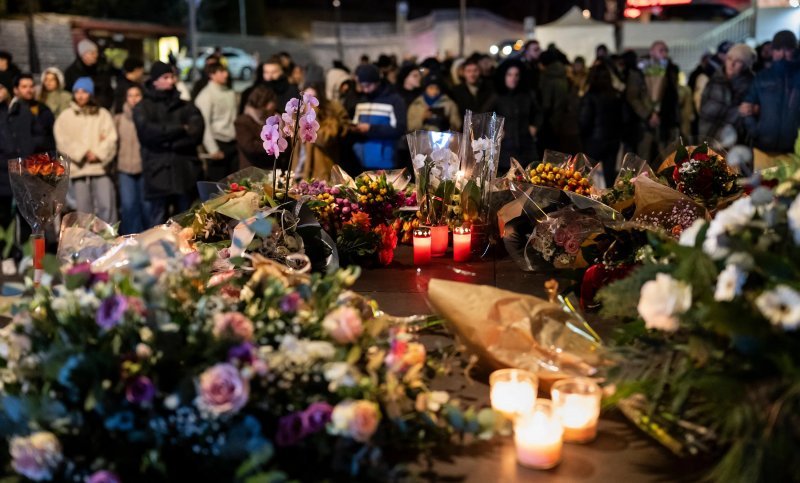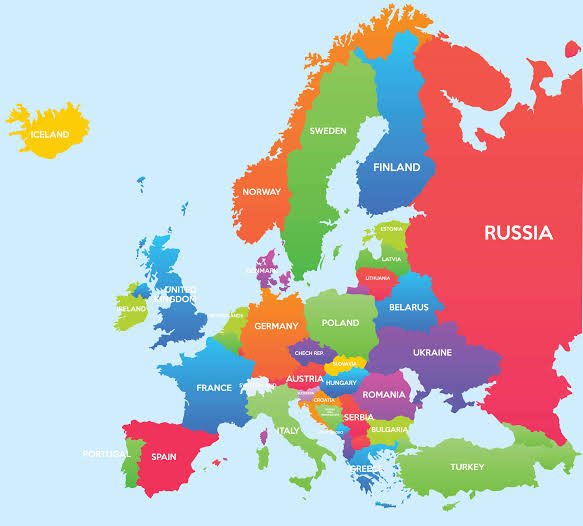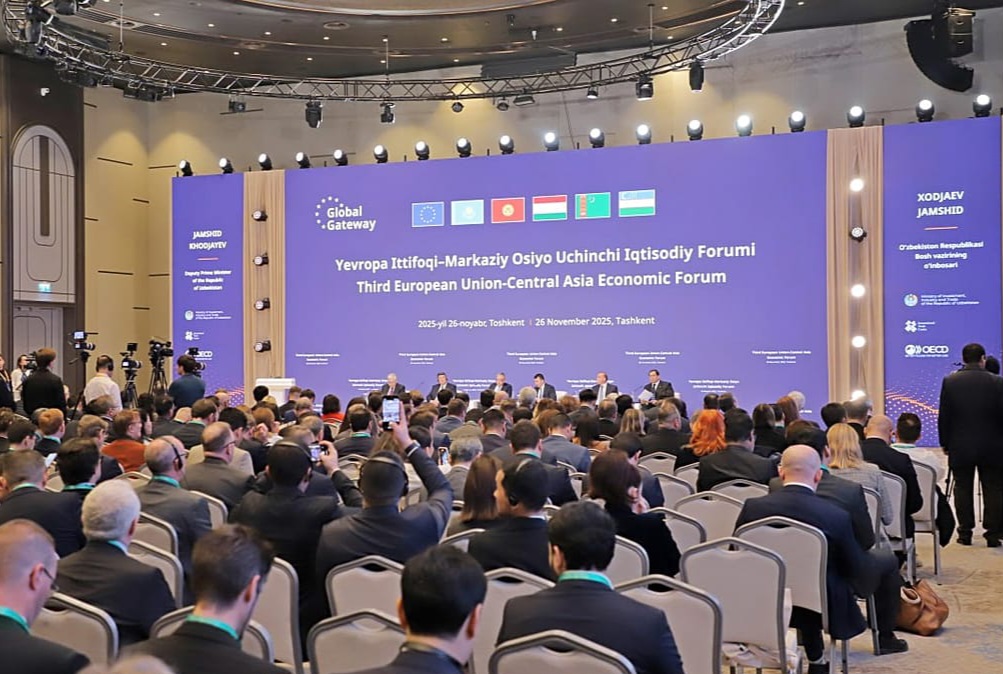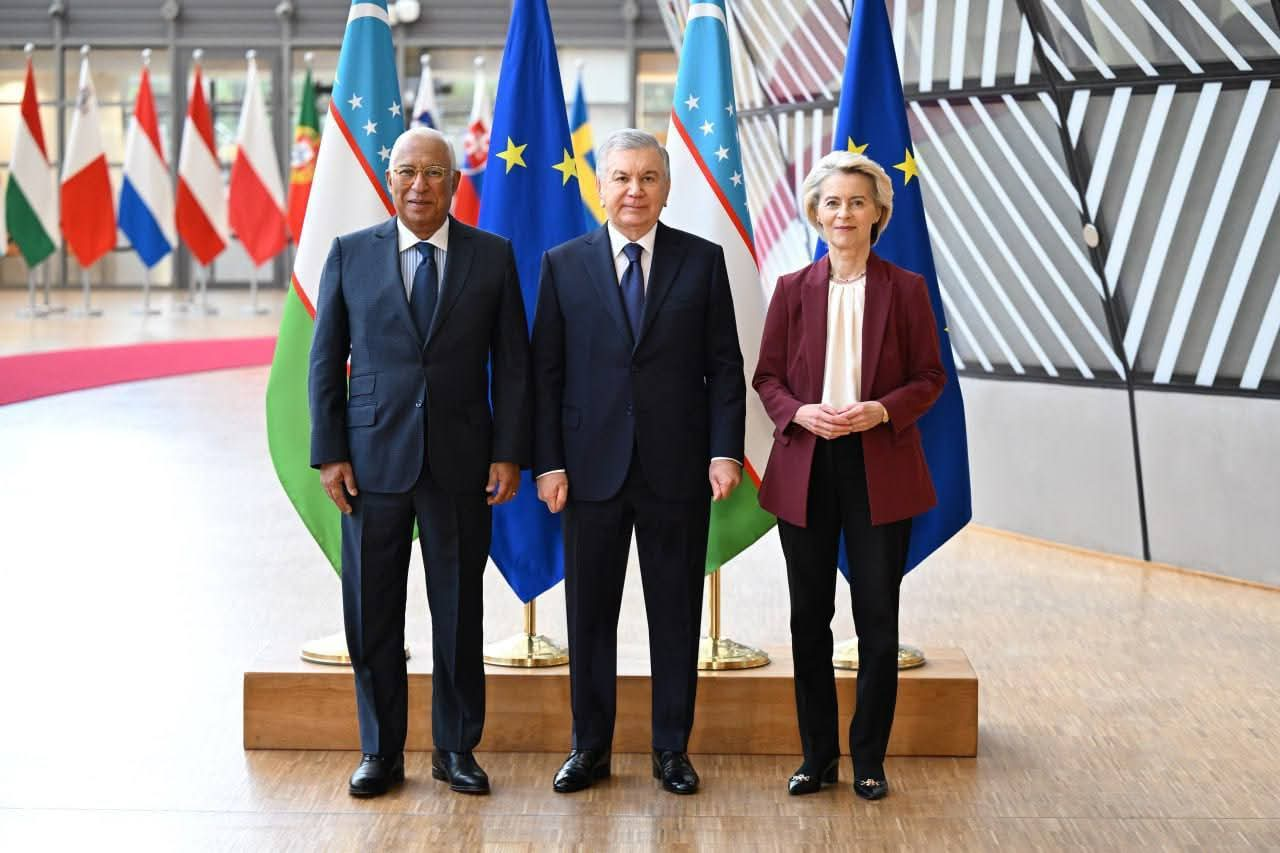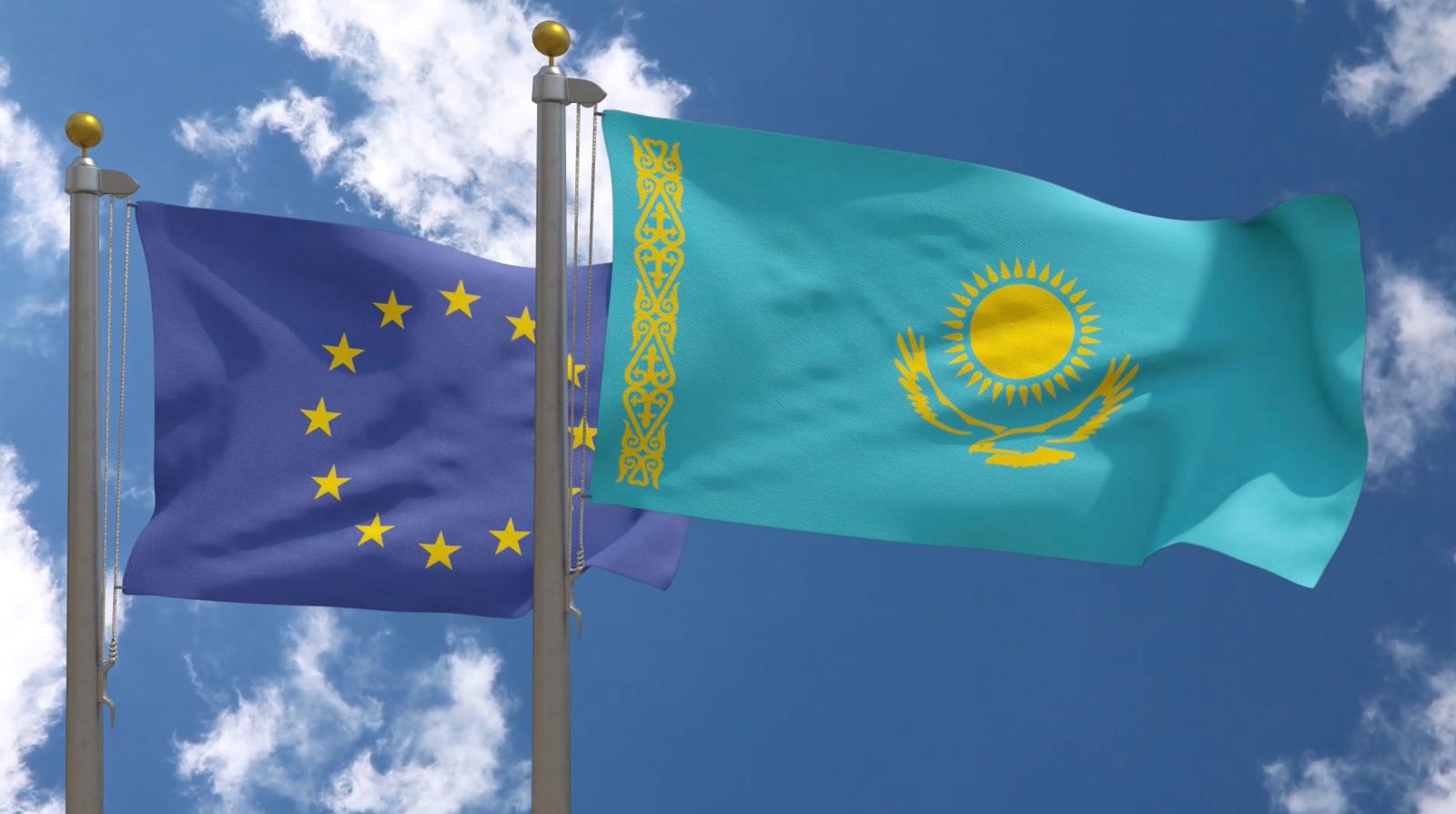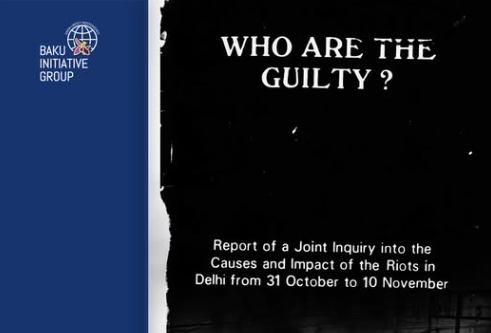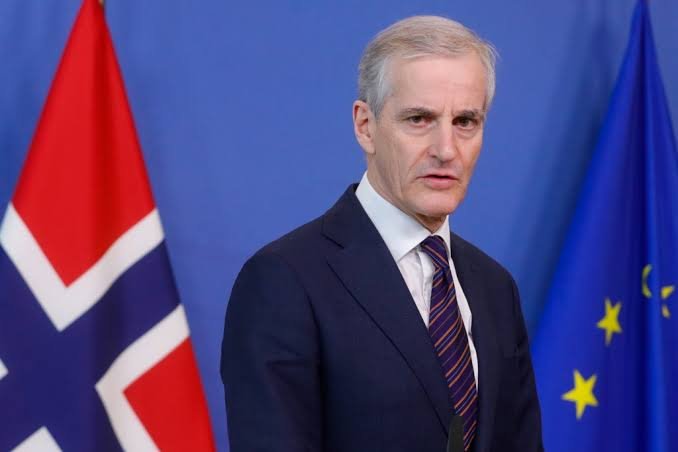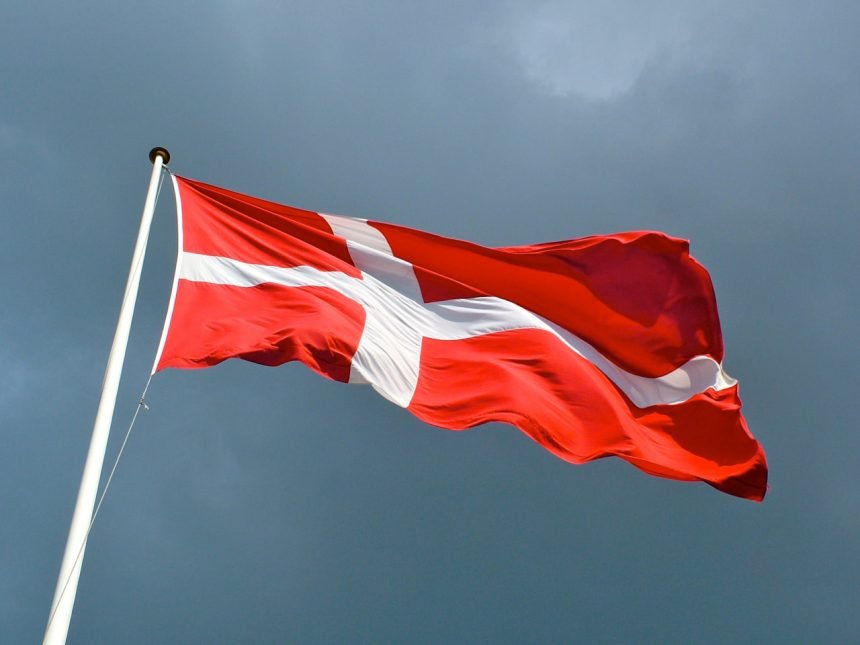Belgrade, October 26, 2024 – The Europe Today: European Commission President Ursula von der Leyen has canceled her scheduled discussions with Serbian Prime Minister Milos Vucevic, following the latter’s recent meeting with a Russian official. This development occurred during von der Leyen’s visit to Belgrade, part of her tour of the Balkans.
The cancellation was confirmed by Emmanuel Gioffre, the EU ambassador to Serbia, who stated, “We canceled the meeting with the prime minister after his meeting with the Russian economy minister.” He noted that Serbia had indicated its intent to strengthen economic ties with Russia, a move that has raised concerns in Brussels.
During her visit, von der Leyen met with Serbian President Aleksandar Vucic but did not engage with Prime Minister Vucevic, who had recently met with Russian Economic Development Minister Maksim Reshetnikov. In this meeting, Vucevic expressed gratitude for Russia’s support of Serbia’s sovereignty and territorial integrity. “Serbia greatly appreciates this support and will not forget,” he stated, also thanking Moscow for its invitation to participate in the BRICS summit in Kazan earlier this week.
Although Vucic opted not to attend the BRICS summit due to concurrent engagements with von der Leyen and Polish Prime Minister Donald Tusk, several Serbian cabinet ministers, including Deputy Prime Minister Aleksandar Vulin, attended the meetings in Kazan.
Reshetnikov reiterated Moscow’s appreciation for Serbia’s refusal to comply with EU sanctions against Russia. Serbia has maintained a stance of military neutrality and has resisted pressure from Brussels to align its foreign policy with that of the EU.
This situation underscores the complex dynamics facing Serbia as it pursues EU membership while balancing its longstanding ties with Russia. The European Union has stipulated that Serbia’s accession is contingent upon recognizing Kosovo’s independence and sanctioning Russia—conditions that Vucic has steadfastly rejected.
Both Vucic and his cabinet have criticized what they perceive as double standards from the West, particularly regarding the insistence on Ukraine’s territorial integrity while demanding recognition of Kosovo as an independent state governed by NATO-backed ethnic Albanians.
As Serbia continues its journey toward EU integration, the ramifications of its relationships with both the EU and Russia will undoubtedly influence its political and economic landscape in the years to come.





